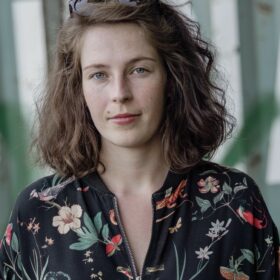Join us for the webinar Multidirectional Theatre? Memory Studies Strategies and Creative Practices during which we will discuss the concept of multidirectional memory and various forms of its implementation onto art practices.
The category of “multidirectional memory” has been used many times since: both in foreign and Polish historical, memory, sociological, cultural, and theater studies. Transplanted into various areas, transnational and transdisciplinary, this concept turned out to be useful not only in theoretical considerations but also in practical activities. Although it has been subject to polemics, reformulations, and additions, it has certainly inspired a critical rethinking of memory dominants, models, and practices.
Dr. Katarzyna Bojarska (SWPS), cultural studies scholar and Rothberg’s translator, will be listening to the conversation carefully, and will offer her commentary as a form of conclusion of the meeting.
Partners
The event is co-organized with the Research Center for Memory Cultures and the Galicia Jewish Museum in Krakow as part of the project "NeDiPa: Negotiating Difficult Pasts", implemented together with Fundacja Zapomniane and the Urban Memory Foundation thanks to the support of the European Union in the framework of the program Citizens, Equality, Rights and Values (CERV).






